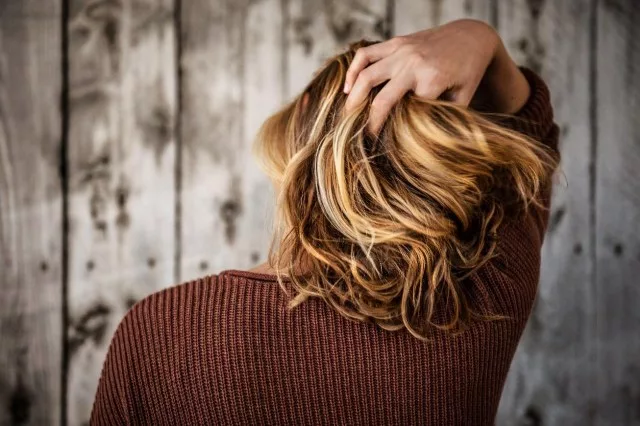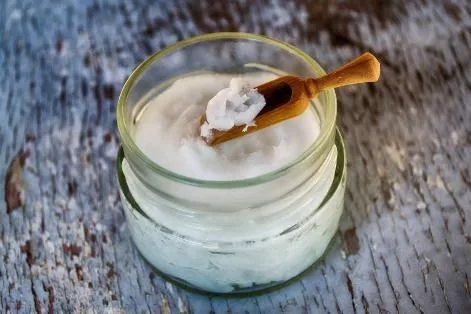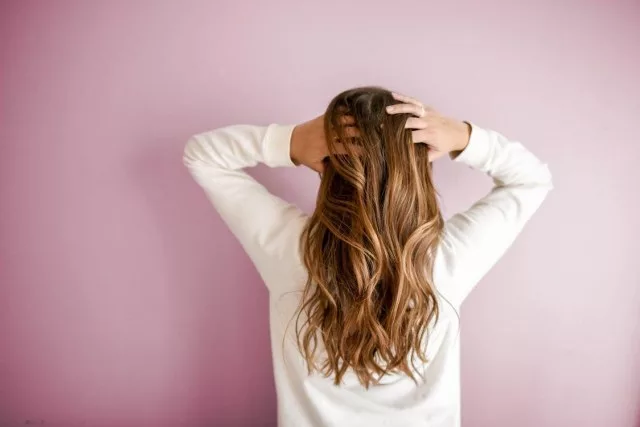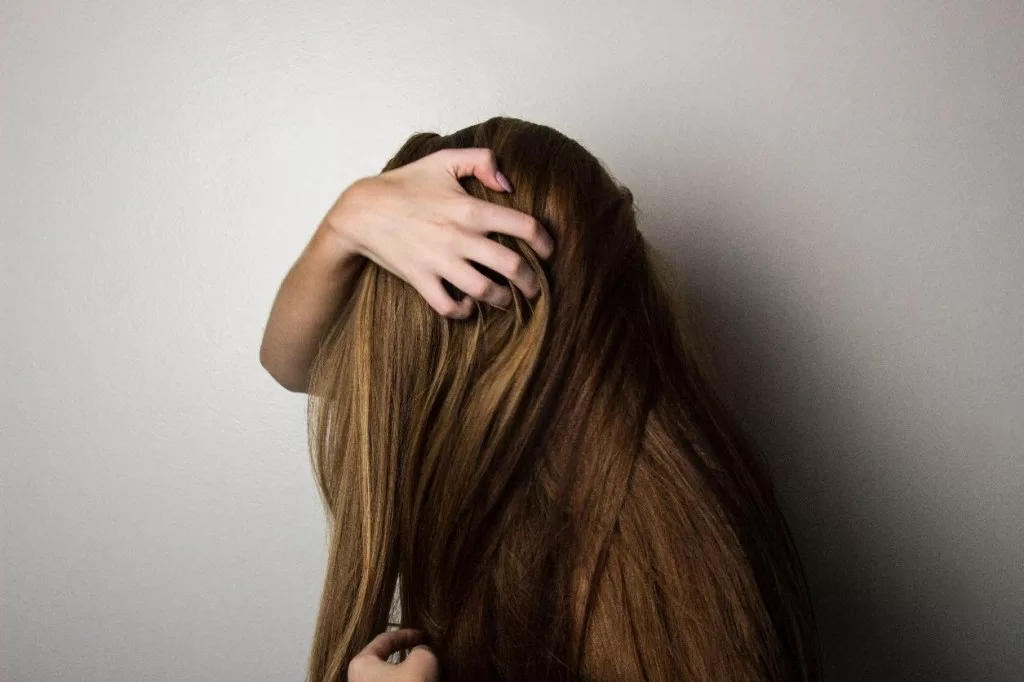If you’re a beauty enthusiast, chances are, you have a skincare routine you religiously follow. With the countless products in cosmetics, it’s undoubtedly easy to be convinced to have a skincare regimen. But have you ever thought of hair care? Hair care is just as crucial as skincare; if you don’t have one yet, it’s time to consider starting it.
“Haircare” refers to all aspects of hygiene and cosmetology that deal with hair. There are varying hair care regimens, depending on a person’s culture and the physical attributes of their hair.
So, how do you know if your hair is healthy? One sign is moisture: hydrated hair is healthy hair.
Just like one of the golden rules with skin care, moisture is your best friend. In the same way, it’s essential to moisturize your hair as part of your hair care routine. However, as you age, your body loses its ability to produce sebum, causing your hair to be dry and brittle. But there are other causes for this hair issue.
What Causes Hair to Lose Moisture?
Some environmental factors can set off your hair to dry. Living in a country with harsh conditions like dry, hot weather and pollution can take a toll on your hair. Spending much time under the sun and swimming in salty or chlorinated water can also weigh down your hair. But many other factors can cause your hair to lose moisture.
- Chemical damage – Harsh hair dyes, products, and other chemical treatments can take a toll on your hair, especially if you use them often.
- Rough handling – Besides bad brushing and brushes, excessive hair pulling and towel rubbing can add to the damage when drying your hair. If done regularly, they can cause breakage and dry hair.
- Daily washing – Shampooing too often can make your hair frizzy and damaged, especially if your shampoo has harsh ingredients. Failing to condition your hair after shampooing makes it worse, leading to lifeless, dull hair.
- Medical or physiological issues – A medical condition is sometimes a culprit. Hormonal imbalance, anorexia, a biotin deficiency or other nutritional deficiencies, genetic disorders, improper blood circulation, and malnutrition can cause hair to dry out.
- Hair type – Other times, your hair type puts you at a higher risk for dry hair. Coily or curly hair tends to be drier because the oil takes longer to travel from the scalp down to the strand. As a result, the hair loses its natural and protective moisturizing mechanism, making it more prone to breakage, damage, and water loss.
Why Is It Important to Keep Your Hair Moisturized?
The bottom line to this question is that dry hair is the root cause of all other hair problems like split ends, breakage, tangles, frizzing—you name it. That’s why you need to keep your hair hydrated. Besides protecting your hair from damage, preserving your hair’s moisture allows it to grow longer, look shinier, be stronger, feel softer, and maintain its elasticity.
17 Ways to Moisturize Your Hair
There are various ways for you to take care of your locks, including hair salon treatments, do-it-yourself remedies, and simple hair habit changes. Below are some things you can easily follow to get that gorgeous-looking and healthy hair.
1. Skip sulfates and silicone
First things first, avoid sulfate and silicone: these are not your hair’s friends. Sulfates strip off your scalp’s natural oils upset your scalp’s microbiome, cause frizz, fade hair color, and trigger dermatitis and other skin problems.
Although silicone makes hair silky and smooth, it repels moisture and causes silicone build-up. Over time, your hair can’t absorb other good ingredients that you may use, making it unhealthy.
2. Schedule your hair wash days
Overwashing your hair is a drying habit. Scalp and hair dryness will result from over-shampooing or using a strong shampoo. A dry scalp typically has a tight, itchy feeling and may have tiny dry flakes. If you’re experiencing this, try adjusting your hair-washing schedule and reducing it to a few times a week. You may start by washing it every other day.
Depending on whether your hair is naturally oily or dry, you can adjust how often you wash. But if you usually stay at home, you can try going down to washing 3-4 times a week. This practice will help lessen inflammation and balance your scalp’s natural oils.
3. Give co-washing a go
Co-washing refers to “conditioner washing,” which uses a particular conditioner that moisturizes the scalp and hair while softly cleansing it. This type of conditioner has no drying detergents, allowing for gentler cleansing.
In addition, co-washing preserves the hair’s natural oils while boosting the strength and integrity of the hair. You can replace one or two of your regular shampoo days with co-washing per week.
4. Try a pre-shampoo treatment
A pre-shampoo treatment adds a layer of hair protection before you wash it. Apply a hydrating cream or oil like castor or coconut oil for at least 30 minutes before washing. But you can put this moisturizer on as early as an hour or two before showering to let your strands soak up the conditioning goodness.
5. Use a hydrating shampoo and conditioner
On days you wash your hair, make sure to use a moisturizing combo of shampoo and conditioner. Try to find products that have natural fruit extracts, botanical oils, and butter for extra nourishment.

6. Do a cold-water rinse
As relaxing as it is to enjoy a hot or warm shower, it can be terrible for your hair and skin. Hot water removes your body’s natural oil and moisture, making your hair drier. Go for cold water to seal in moisture and close scalp pores, especially on your last rinse.
7. Treat your tresses with masks
Just as you may indulge in face masks, there are hair masks, too. Give your hair extra nourishment with a weekly hair mask. It deeply conditions and acts like a superfood for your locks. There are DIY versions, or you can buy some from the market.
8. Do hot oil treatments
Hot oils are traditionally used to treat dry, coarse hair. The difference between a hair mask and hot oil is that the latter comprises hair oils. The use of heat also allows deeper penetration of oil into your hair. Regularly doing hot oil treatments makes your hair softer and more moisturized.
9. Try dry shampoo
On days your hair is feeling a little greasy but you’re trying to limit hair washing, you can go for dry shampoos. These prevent scalp oil buildup and freshen up your tresses in between washes.
10. Style your hair safely
It’s best to avoid hot styling tools altogether. But if you can’t, try to limit them and use the lowest or coolest setting. Heat protectants also help shield your hair from getting fried. These heat-free styling products come in hair mousses, setting sprays, and gels. Moreover, if you color your hair, go for ammonia-free and less harsh options.
11. Pop in a serum
Besides heat protectants, you can try hair serums. You can use these daily or on days you’ll style your hair. They add extra moisture and protection from styling tools and other everyday hair killers like the weather and pollution. Hair serums can also add shine, boosting dull-looking hair.

12. Create your DIY treatments
There’s no need to rely on expensive treatments because you can mix up some hair remedies at home. You can make DIY hair masks with hair-loving ingredients, such as aloe vera, avocado, coconut oil, and honey.
13. Sleep on special sheets
Sometimes you need to treat yourself like royalty. Satin and silk pillowcases reduce friction and help your hair retain moisture.
14. Cover your hair
Just as you use an umbrella to protect your skin from the sun, the same goes for your hair. If you’re spending time outdoors, wear something to guard your hair. You can play around with headwear such as a hat, baseball cap, headscarf, bandana, and more.

15. Other healthy hair habits
Eating a nutritious and balanced diet helps maintain hair health. Additionally, you can regularly get trims to clear split ends and use microfiber towels after washing your hair. They’re gentler on your hair and help reduce frizz.
16. Choose hair-loving ingredients
While you practice healthy hair habits, it’s important to use the right products. Always choose moisturizing ingredients or humectants such as glycerin, hyaluronic acid, aloe vera, honey, and panthenol. Then, follow up with sealants like jojoba and castor oil to lock in moisture.
17. Try hair oils
Argan, marula, almond, and olive oils help moisturize your hair. Hair oils protect your locks, add shine, and usually smell amazing. When building your hair care routine, remember that hair oils should be the last step because they act as the sealant, meaning your hair won’t absorb anything else you put over it.
A Moisturized Mane Is Healthy Hair
Your hair’s quality reveals your hygiene and reflects your overall health. Weak, brittle, and dry hair is most likely a sign of lacking care or an underlying health issue. Just as our skin needs some tender love and care, so do our strands.
There may be hair killers around you that you can’t control, such as extreme weather and polluted air, but you can always make it up through healthy hair habits. Always avoid harsh products and choose the ones with ingredients that will feed your hair the nourishment it needs and deserves.
